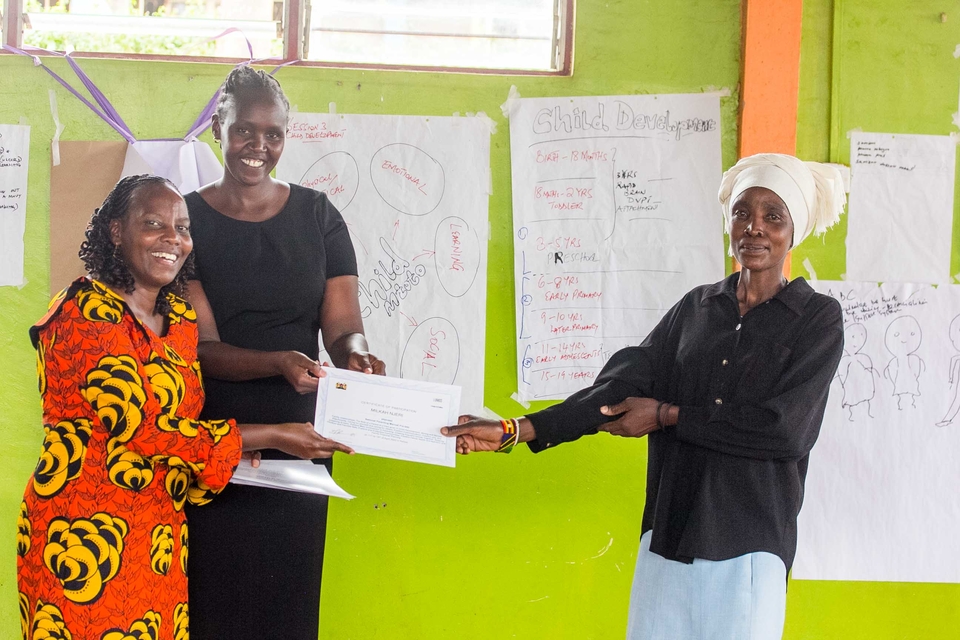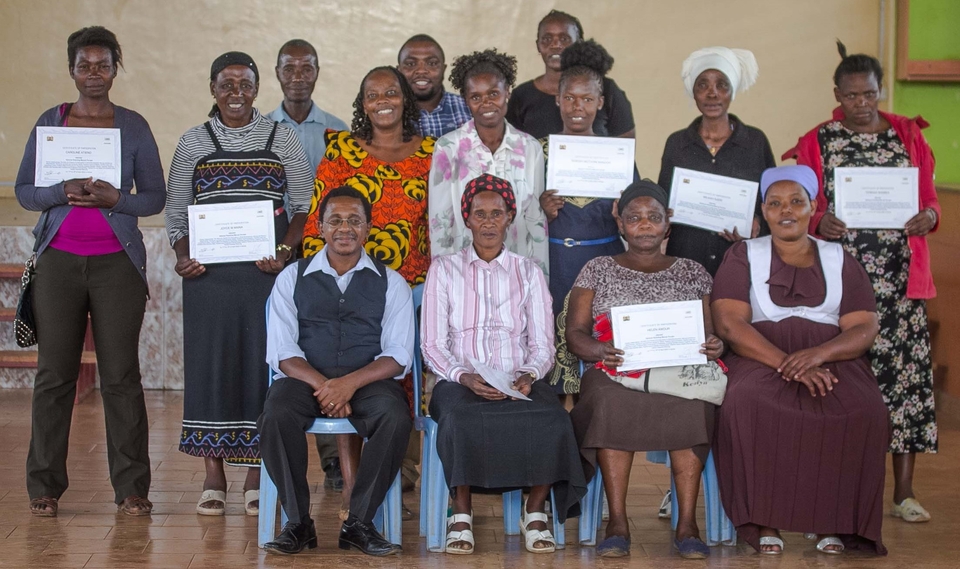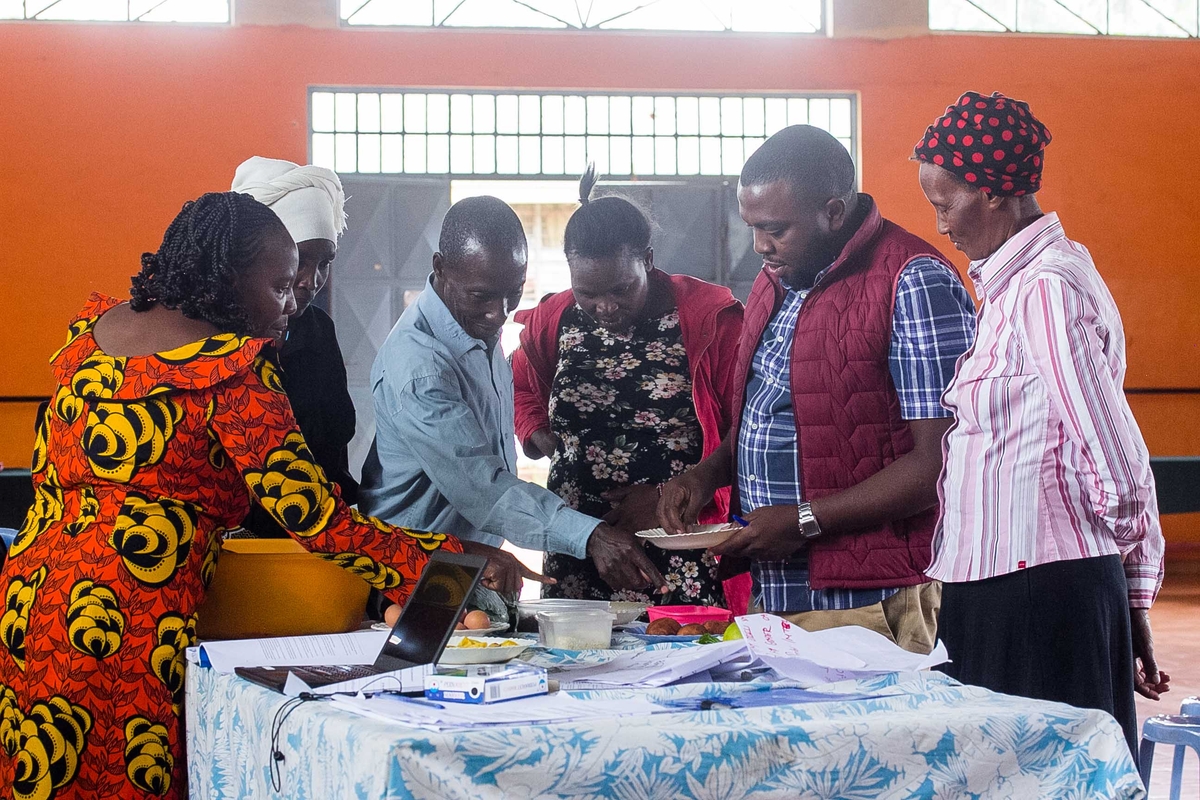Lumos welcomes the continued discussions on the National Care Reform Strategy for children in Kenya, which are a positive step forward in working with changemakers, so that we can all support a care reform strategy that places children at its core.
A recent two-day conference on Holistic and Systematic Care Reform Preparation in Embu County has already covered a lot of ground in its first phase and Grace Mwangi, Lumos’s Senior Technical Advisor in Kenya is confident that Care Reform will be successful in the region.
During her opening remarks, Grace Mwangi told the conference: “It is my hope and that of Lumos Foundation, and indeed all of us gathered here, that more walls will come down so that we can all effectively collaborate towards a holistic and systematic care reform implementation process as envisaged by the national strategy.”
“Lumos greatly appreciates and values the commitment of the Kenyan Government towards ensuring children grow up in families, as well as the start of the childcare and child protection reforms.Our strategy in Kenya includes working closely with the government to ensure that Care Reform is government-owned, and government-led."

Lumos has applied a strategic approach to care reform, incorporating 10 elements as part of the National Care Reform Strategy for Children in Kenya 2022-2032. Among these is policy and legislation, behaviour change and communications strategy, workforce development, Children and Youth Participation.
“We practically apply this strategic approach considering the National Strategy’s 3 pillars: Prevention of Separation and family strengthening, Alternative care, Tracing, reintegration and transitioning to family and community-based care. These three pillars can be compared to the 3 stones in the traditional African stove, which sustained a thriving household,” Grace Mwangi added.
Since work started on the Care Reform delivery in Embu County, 55 professionals have been trained, among them state officers from various state agencies and Charitable Children’s Institutions (CCIs) plus Senior Management representing 17 Charitable Children’s Institutions (CCIs). Additionally, Lumos has interacted with 274 parents and caregivers connected to children in institutions. The Inua Jamii expansion objective of listing parents who have children in institutions was achieved in Embu as more than 256 households were listed who represent 311 children currently in Institutions and potentially a total number of 697 Orphaned and Vulnerable Children in Embu Community.
“Care Reform is a collaborative effort, just like a child needs the support of a community. Lumos remains committed to Care Reform delivery in Kenya and will continue to offer its expertise alongside other actors to ensure that this reform is fully delivered in Kenya.”
The two-day National Conference was organised by the National Council for Children’s Services (NCCS) known as the National Stakeholders Reflection and Learning Forum. Its theme covered Multi-sectoral and Multi-level Collaboration for Sustainable Childcare Reform in Kenya. Grace Mwangi made her presentation alongside Mr. Davelyne Mundi, the County Coordinator, Children’s Services in Embu County on Holistic and Systematic Care Reform Preparation.
The National Care Reflection Conference, which was presided by Joseph Motari, the Principal Secretary, State Department for Social Protection, on implementation of Phase 1 of Care Reform, brought together 200 participants to reflect on the progress and share learning on the implementation of the Phase 1 of Care Reform. The Principal Secretary told the Conference that the Ministry is targeting households with children who have transitioned from Institutional Care through the ongoing scaling up of the Inua Jamii Programme. Additionally, he asked parents to take care of their children instead of abandoning them in various children’s homes.




